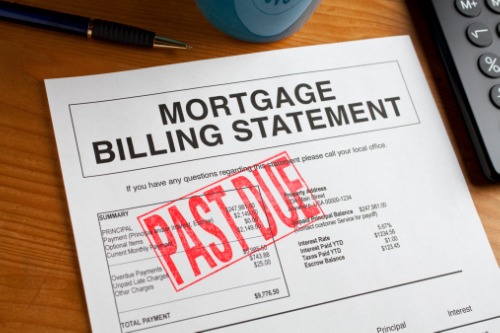Overall confidence of renters and homeowners in their ability to pay improves

Despite five million renters and homeowners missing their December payments, fewer believed they are at risk of eviction or foreclosure, according to research released by the Mortgage Bankers Association’s (MBA) Research Institute for Housing America (RIHA).
The study revealed that 2.62 million renters (7.9%) and 2.38 million homeowners (5.0%) missed payments. The number of households who felt at risk of losing their homes due to unpaid rent and mortgages, however, declined in December - approximately 2.3 million renters feared that they would be forced to move in the next 30 days, while 1.2 million homeowners with mortgages felt vulnerable to foreclosure.
“This confidence is perhaps an indication that direct checks and enhanced unemployment benefits, rental assistance, mortgage forbearance programs, and a federal eviction moratorium have so far been effective in keeping people in their homes,” said Gary Engelhardt, professor of economics in the Maxwell School of Citizenship and Public Affairs at Syracuse University.
Read more: Forbearance is nearing its end and over 5% of borrowers are still in the program (mpamag.com)
However, many housing advocates have warned that the eviction and forbearance moratoriums have only put off the problem. Once they expire, they predict a flood of foreclosures threatens to add to the impending renter-eviction crisis.
In aggregate, rental property owners posted a $7.2 billion revenue loss from missed rent payments in the fourth quarter. This was down from over $9.1 billion in the third quarter. Meanwhile, total missed mortgage payments were estimated to be approximately $14.2 billion for Q4, down from Q3’s $19.4 billion.
"Gradual improvements in the labor market and economy helped more rented and homeowners make their housing payments at the end of 2020. However, the COVID-19 pandemic continues to cause financial stress for millions of Americans, and particularly for those who rent and have student loan debt," Engelhardt said.
“The distribution of several effective vaccines will hopefully slow the pandemic. In the meantime, providing targeted relief for those facing hardships until the ‘new normal’ will be key to preventing wider disruption to the housing market and overall economic recovery,” said Edward Seiler, executive director of Research Institute for Housing America.



